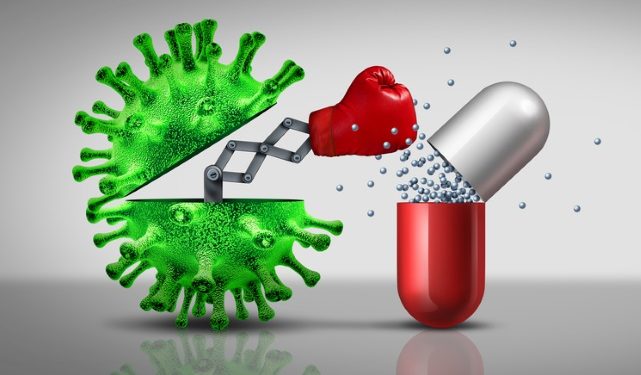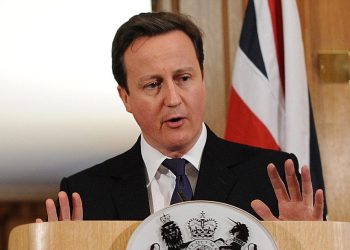- Up to £210 million of funding to partner with countries across Asia and Africa to tackle antimicrobial resistance and reduce the threat posed to the UK
- Largest ever investment in global AMR surveillance by any country and sees the launch of the second phase of the Fleming Fund’s fight against AMR
- Announcement comes as the Secretary of State travels to India for his first G20 Health Ministers’ meeting
State-of-the-art laboratories, cutting-edge disease surveillance systems, and a bigger global workforce to tackle deadly antimicrobial resistance (AMR) will be backed by up to £210 million of funding, the government has announced today. [Wednesday 16 August].
The funding – from the government’s UK aid budget – will support the Fleming Fund’s activities to tackle AMR in countries across Asia and Africa over the next three years, helping to reduce the threat it poses to the UK and globally.
It will bolster the surveillance capacity in up to 25 countries where the threat and burden of AMR is highest – including Indonesia, Ghana, Kenya, and Papua New Guinea – with more than 250 laboratories set to be upgraded and provided with state-of-the-art equipment.
This investment includes new genome sequencing technology which will help track bacterial transmission between humans, animals and the environment.
The investment will also strengthen the international health workforce by supporting 20,000 training sessions for laboratory staff, pharmacists and hospital staff, and over 200 Fleming Fund scholarships to boost expertise in microbiology, AMR policy and One Health – which recognises the connection between humans, animals and the environment.
Secretary of State for Health and Social Care Steve Barclay said:
“Antimicrobial resistance is a silent killer which poses a significant threat to people’s health around the world and here in the UK, and will be an important topic here at the G20 in India.
“It’s vital it is stopped in its tracks and this record funding will allow countries most at risk to tackle it and prevent it from taking more lives across the world, ultimately making us safer at home.
“It also builds on work the government is doing to incentivise drug companies to develop new antibiotics – a model which some G20 countries are looking to implement.”
Around 1.27 million people around the world die each year due to antimicrobial resistance – where bacteria have evolved so much that antibiotics and other current treatments are no longer effective against infections – with one in five of those deaths in children under five.
In 2019 AMR was found to have caused between 7,000 and 35,000 deaths in the UK alone.
UK Special Envoy on AMR Dame Sally Davies said:
“I am proud and delighted that the UK’s Fleming Fund will continue to create real impact to tackle AMR and build pandemic preparedness on the ground across the world, using data to drive action and catalyse investment.
“This world-leading investment in AMR laboratories, workforce and systems is a vital contribution to realise our vision of a world free of drug-resistant infection.”
The investment will deliver the second phase of the UK-India Fleming Fund partnership alongside India’s Ministry of Health and Family Welfare. Worth up to £3 million, it will accelerate collaboration on AMR surveillance across One Health sectors and help both countries to deliver on their 2030 roadmap.
As part of his visit to India, the Secretary of State will go to India’s National Centre for Disease Control, where India’s government and the Fleming Fund are joining forces to combat antimicrobial resistance.
He will also attend a showcase of innovative health technology with representatives from UK and Indian artificial intelligence and digital health firms in a bid to unleash further the tech partnership which is already transforming healthcare in both countries.
The G20 Health Ministers’ meeting takes place in Gandhinagar, India from Friday 18 August – Saturday 19 August.











